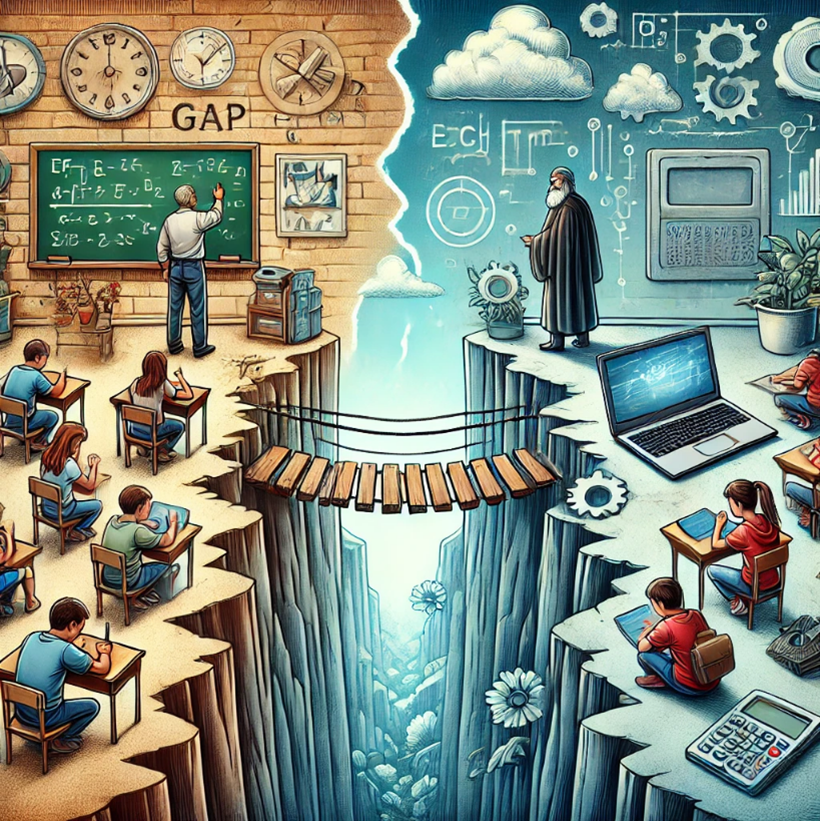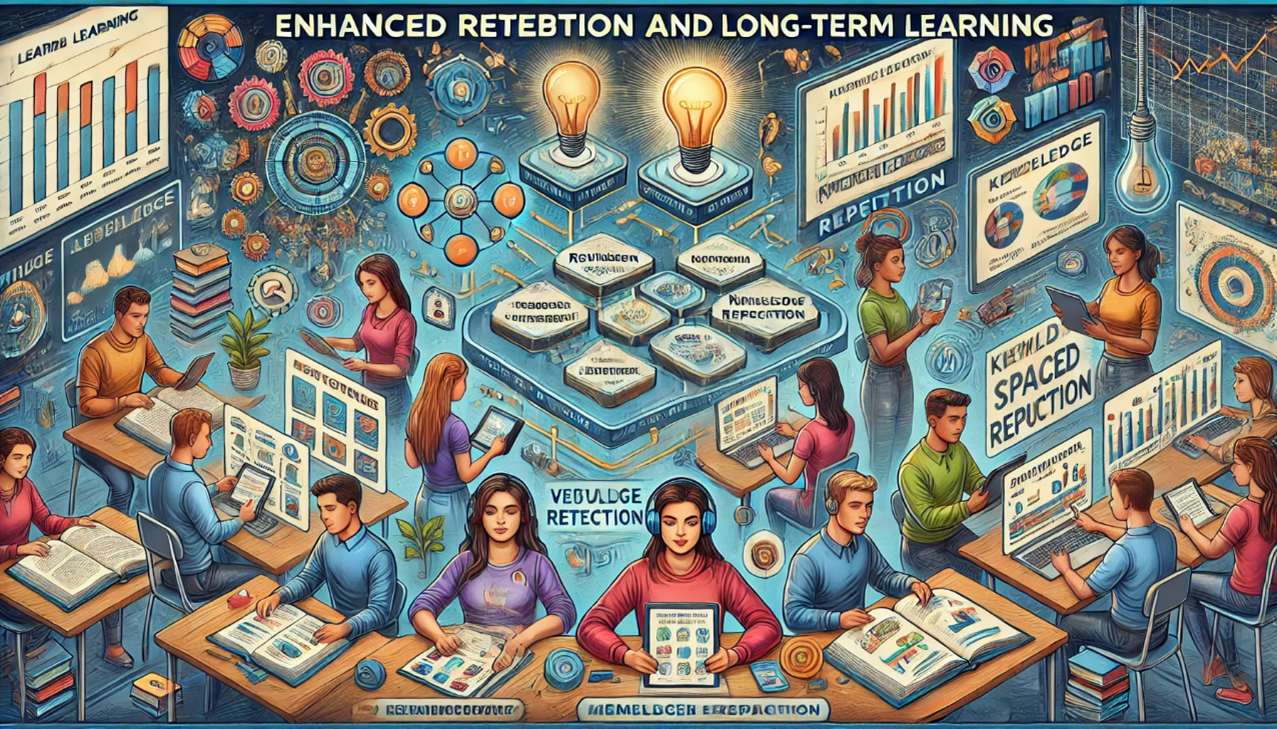What challenges do developing countries face in adopting advanced technologies?

What challenges do developing countries face in adopting advanced technologies?
by Maximilian 11:28am Jan 04, 2025

Developing countries face several challenges in adopting advanced technologies, which can hinder their ability to fully leverage the benefits of digital transformation. These challenges are often complex and multifaceted, involving economic, infrastructure, social, and political factors. Below are the key challenges:
1. Lack of Infrastructure
Limited Internet Access: Access to reliable and high-speed internet is a significant barrier in many developing countries, especially in rural or remote areas. Without internet connectivity, it is difficult for individuals and businesses to access digital services, cloud computing, online education, and other technology-driven opportunities.
Insufficient Power Supply: In many developing countries, inconsistent electricity supply or lack of access to electricity in rural areas prevents people from using digital technologies, further exacerbating the digital divide.

2. High Costs of Technology
Initial Investment: Advanced technologies, such as artificial intelligence, automation, and high-performance computing, often require significant upfront investment in infrastructure, hardware, software, and skilled human resources. For many developing countries, these costs are prohibitive, especially when public resources are limited or prioritized for more immediate needs like healthcare or education.
Cost of Devices and Connectivity: The cost of devices like smartphones, computers, and internet subscriptions can be high relative to income in many developing countries. This limits the ability of individuals and businesses to access and adopt new technologies.
3. Skills Gap and Education
Lack of Digital Literacy: Many people in developing countries lack the basic digital skills required to adopt new technologies effectively. Digital literacy gaps can prevent individuals from benefiting from digital services, online education, and e-commerce, thus hindering workforce development and economic growth.
Inadequate STEM Education: A shortage of skilled workers in science, technology, engineering, and mathematics (STEM) fields is a major challenge. Without a sufficient number of engineers, programmers, and technicians, it is difficult for countries to build and maintain advanced technological systems, let alone innovate and compete in the global digital economy.

4. Limited Access to Capital
Lack of Financing for Technology Adoption: Many businesses in developing countries struggle to access the capital needed to invest in new technologies. Limited access to venture capital, banks, or government funding programs can prevent small and medium-sized enterprises (SMEs) from adopting advanced technologies that could increase productivity and enable them to compete globally.
Risk Aversion: In environments where businesses and investors are risk-averse due to economic instability or uncertain returns, investing in advanced technologies is often seen as too risky. This limits the adoption of innovation-driven economic models.
5. Regulatory and Policy Barriers
Outdated Regulations: Many developing countries have regulatory frameworks that are outdated or insufficient to support the adoption of advanced technologies. For example, data protection laws, intellectual property rights, and digital trade regulations may not be aligned with the needs of a modern digital economy, leading to uncertainty and stifling innovation.
Government Support and Policy: The lack of clear government policy or strategic vision for digital transformation can create an environment of uncertainty, making it difficult for businesses to invest in new technologies. Some governments may also be hesitant to embrace change due to concerns about social or economic disruption.
6. Digital Divide
Geographic and Socioeconomic Inequality: There is often a significant gap in technology access between urban and rural areas, as well as between wealthy and poorer segments of society. In many developing countries, the wealthier, urban populations have better access to advanced technologies, while rural areas remain underserved. This creates inequalities in terms of education, job opportunities, and access to essential services like healthcare and finance.
Gender Disparities: In many developing countries, women and girls face additional barriers to technology adoption due to cultural norms, limited access to education, and lower digital literacy. This exacerbates gender inequality and limits the potential of a significant portion of the population.

7. Political and Institutional Challenges
Weak Governance and Corruption: In some developing countries, weak governance and corruption can undermine efforts to adopt and scale advanced technologies. Corruption can hinder the implementation of digital infrastructure projects and distort the allocation of resources for technology development. This can slow down digital transformation and undermine the potential for growth.
Political Instability: Political instability, conflict, or lack of continuity in governance can delay or derail technology adoption initiatives. When governments change frequently or lack stability, long-term investments in digital infrastructure may be viewed as uncertain, discouraging foreign investments and domestic efforts to adopt new technologies.
8. Security and Privacy Concerns
Cybersecurity Risks: Developing countries often face significant cybersecurity challenges, with limited resources to protect digital infrastructures and businesses from cyber threats. Cyberattacks, data breaches, and online fraud can undermine trust in digital systems, deterring individuals and businesses from embracing advanced technologies.
Data Privacy Issues: The lack of strong data protection laws and regulations can lead to privacy violations, especially when personal data is stored or processed by foreign companies. This lack of privacy protection can make citizens and businesses hesitant to use digital services.

9. Cultural and Social Barriers
Resistance to Change: In some developing countries, cultural attitudes and social norms may slow the adoption of new technologies. People may be skeptical about the benefits of digital technologies or resist adopting them due to unfamiliarity, fear of job displacement, or a preference for traditional ways of doing business.
Misinformation and Trust Issues: Misinformation about digital technologies, such as fears about surveillance, job losses, or loss of privacy, can discourage adoption. In some cases, lack of trust in government institutions or tech companies can create resistance to new digital platforms.
Conclusion:
Adopting advanced technologies in developing countries is a complex process that requires addressing a variety of interrelated challenges, from infrastructure and capital constraints to education and governance issues. While many of these countries have the potential to leapfrog traditional development stages and embrace digital transformation, overcoming these barriers requires strategic investments in infrastructure, education, and policy reforms. International cooperation, foreign aid, and public-private partnerships can also play a critical role in helping developing countries harness the benefits of advanced technologies and participate fully in the global digital economy.






